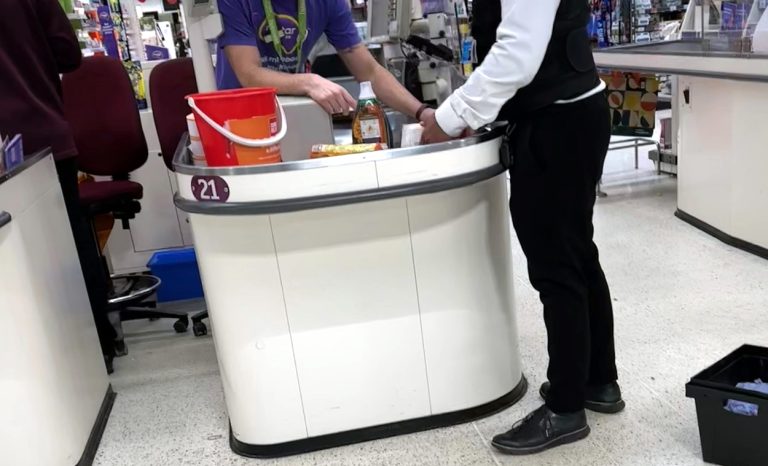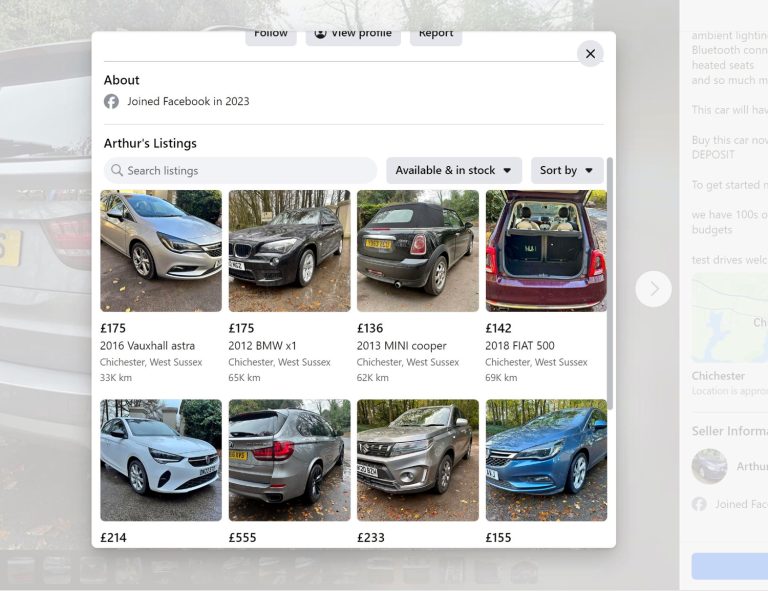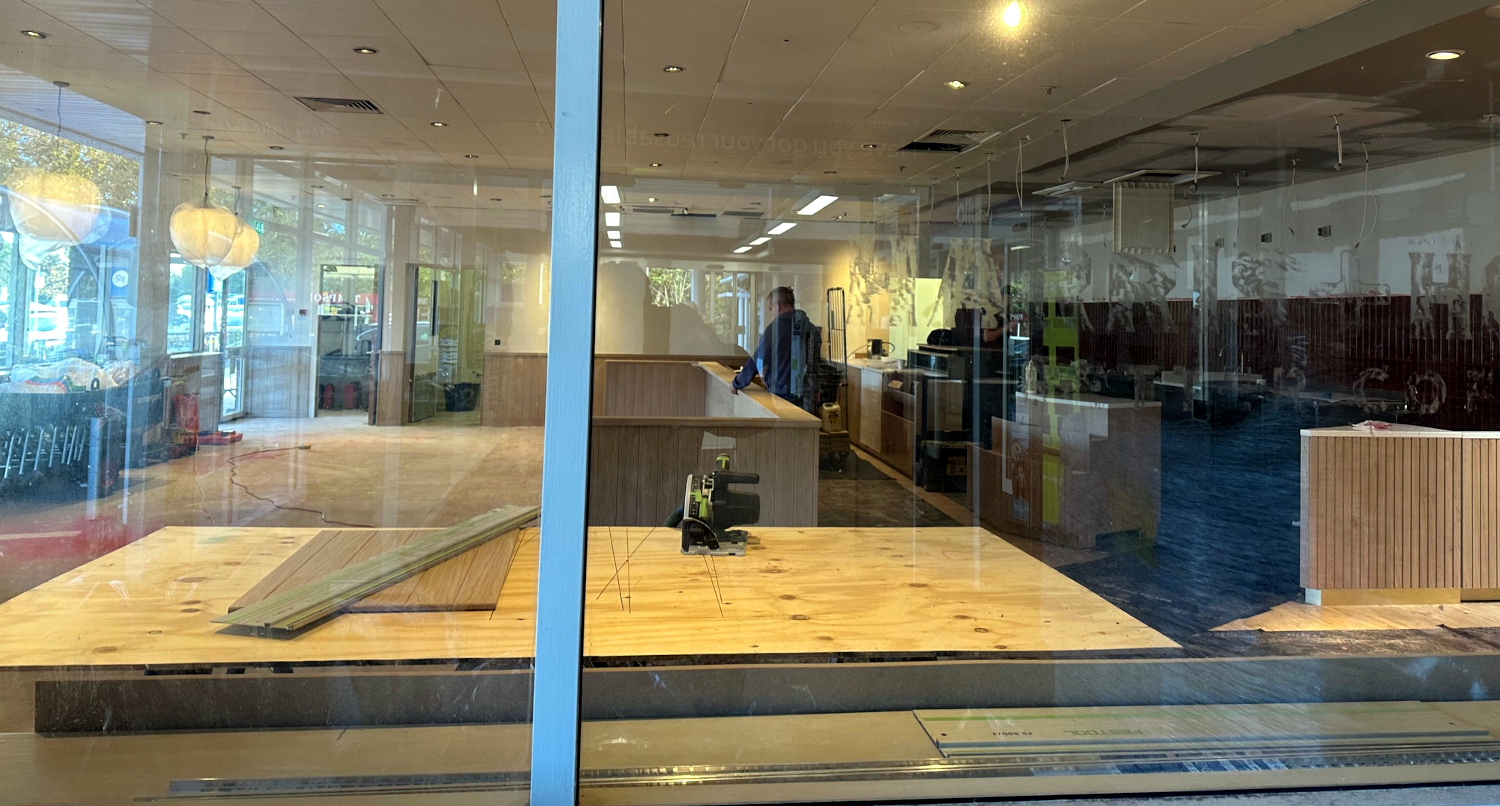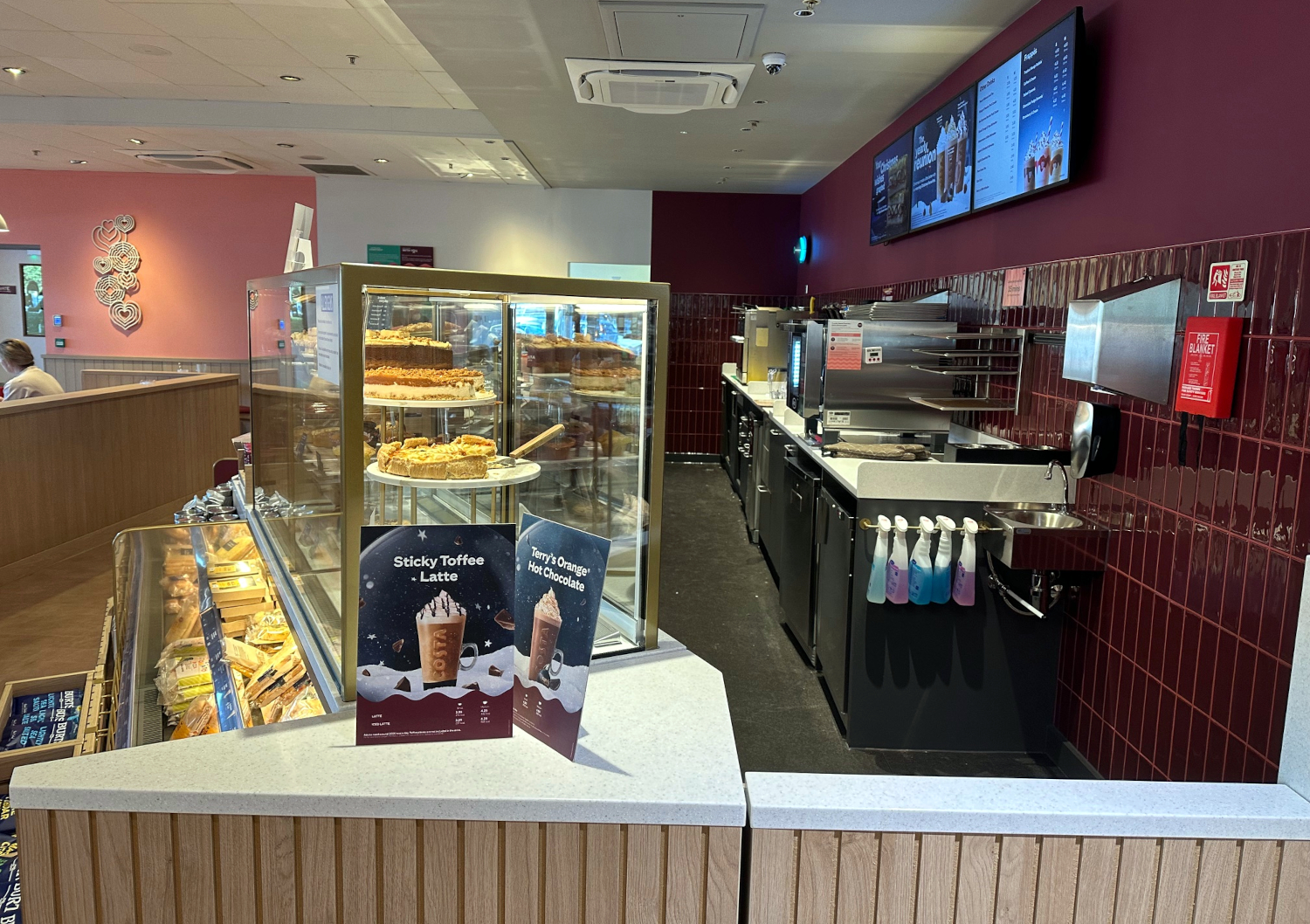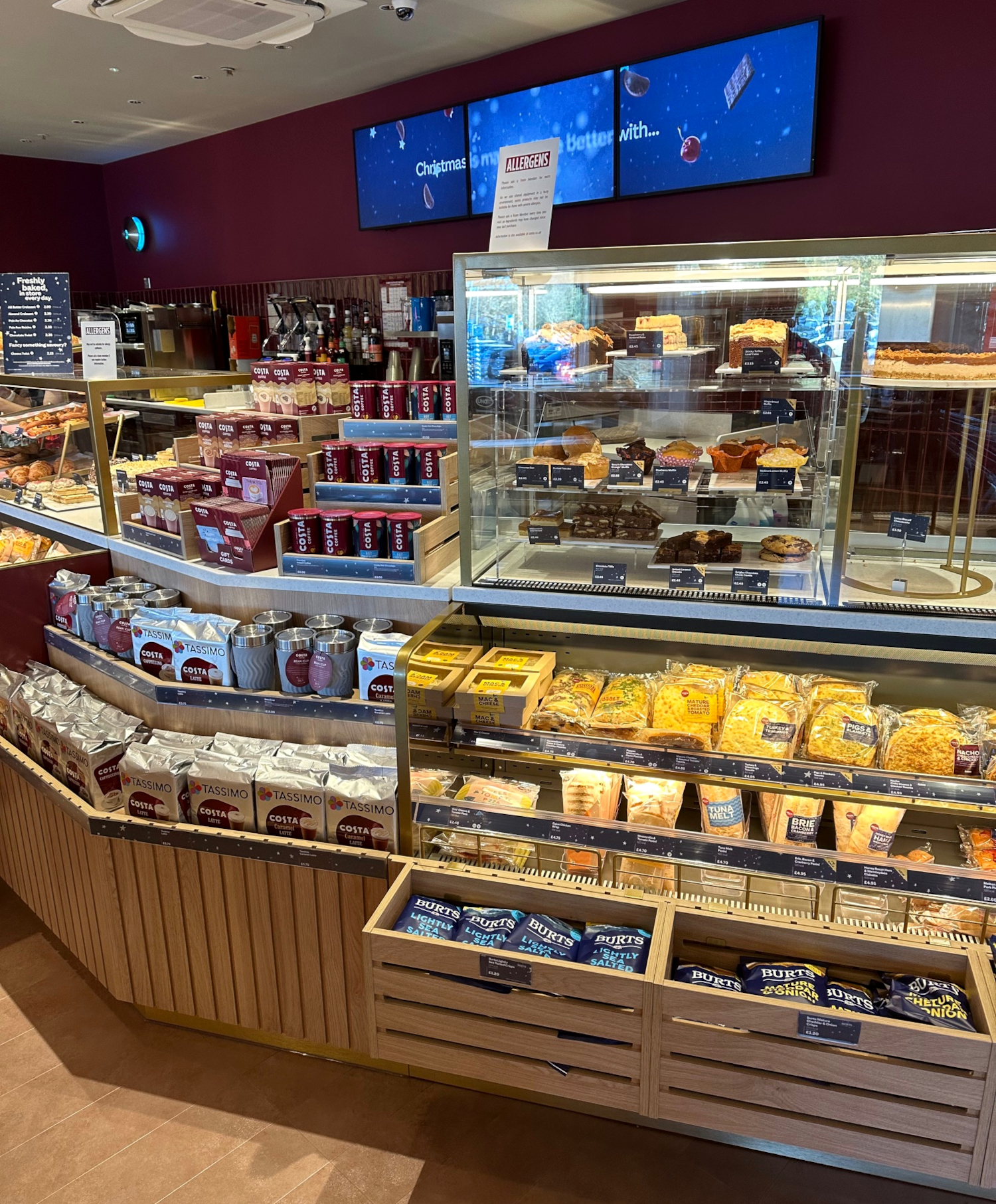After years of campaigning from supporters of retail employees all across the United Kingdom, today Prime Minister Rishi Sunak launched a law to make assaulting a shop worker a standalone criminal offence.
The Westminster based government website stated that: “Perpetrators could be sent to prison for up to six months, receive an unlimited fine and be banned from going back to the shop where they committed their crimes, with Criminal Behaviour Orders barring them visiting specific premises.” (11)
Furthermore “Breaching an order is also a criminal offence and carries a five-year maximum prison sentence. For the most serious cases of assault, such as causing grievous bodily harm with intent, offenders could face a life sentence.” (11)
Home Secretary James Cleverly supports the increased use of facial recognition technology to help catch perpetrators and prevent shoplifting in the first place. The official statement explained how “Backed by a £55.5m investment over the next four years, the police will be able to further roll this new state of the art technology. This will include £4m (four million pounds) for bespoke mobile units that can be deployed to high streets across the country with live facial recognition used in crowded areas to identify people wanted by the police – including repeat shoplifters.” (11)
Prime Minister Rishi Sunak and his team support the Pegasus initiative to use private business collaboration to tackle retail crime which is on the rise In England, Wales, Scotland and Northern Ireland.
Business and police strategic partnership launches Pegasus to tackle organised retail crime in UK
The UK’s Policing Minister Chris Phip and Home Office, Sussex Police and Crime Commissioner Katy Bourne and several high street retailers have teamed up to create a new partnership called Pegasus to help tackle serious organised retail crime.
The initiative launched in October 2023 brings together Aldi, B&Q, Boots, Co-op, John Lewis Partnership, Lidl, M&S, Mitie Security (providing secretariat for Pegasus), Morrisons, NBCS (National Business Crime Solution), Next, Primark, Sainsbury’s, Tesco, and TJX (who owns TK Maxx stores).
North Wales Police Chief Amanda Blakeman heads up a police team of specialist officers entitled OPAL who oversee serious national organised acquisitive crime. The OPAL team will work on the Pegasus initiative which aims to provide communication and intelligence on criminals and also develop prevention processes and effective enforcement action.
“Retailers will agree ways to capture information that can be shared and analysed to create intelligence packages for police forces to target and track perpetrators.” stated Katy Bourne, Sussex Police and Crime Commissioner.
Through the Pegasus collaboration “We continue to target those prolific and habitual offenders whose behaviour causes misery and takes profit from our communities and retailers. Local police forces assess each report through a threat, harm and risk model to determine their police response and will deploy resources where they can be most effective in catching offenders and keeping people safe.” explained Amanda Blakeman North Wales Police Chief Constable.
Better communication between retailers, security forces and the police will undoubtedly make an impact on reducing the rising retail crime levels experienced by shops and their customer service teams. Reducing stock loss from stolen goods will save consumers money in future seasons.
Will Pegasus work?
In the United Kingdom it is important to consider taking a holistic view of solving unwanted property crime problems in the community, on a national scale. It makes sense to prevent shoplifting as much as possible and when it does occur, responding swiftly and proportionality is key. Ensuring that there are consequences which are severe enough to both deter future criminal activity and protect retail workers and members of the public is an essential and logical way forward.
There are many social factors that contribute to men and women becoming dishonest shoppers. The reality is that shoplifting is often a symptom of other aspects of society that are not functioning well. Most people choose a crime free life if they have what they need to live well, then there is no incentive to break the law.
In England, Scotland, Wales and Northern Ireland we need to ensure that families are adequately supported with healthcare and local resources so child poverty, neglect and deprivation is a thing of the past. Youth clubs, theatres and sports facilities play an important role in constructively occupying free time for teenagers and it is important to look at funding these beneficial centres properly. The impact of ‘austerity’ and other recent crisis where council cutbacks have cut services has diminished positive social and creative opportunities for many young people.
That is not to say that young people are responsible for shoplifting problems but every adult who turns to crime for whatever reason was a young person originally. If we can help our citizens stay on healthy pathways, they will become law abiding and accomplished adults who give to the community rather than take from their fellow consumers and shopkeepers.
If good quality basic and further education is free and there are appropriate training opportunities for everyone, young men and women can choose suitable and decent employment and enjoy the benefits it brings.
The National Health Service is an outstanding institution in many ways and is full of amazing people much like the UK police force. We need to provide better mental health support that includes everyone in society. Anyone with addiction problems need to be able to receive the right help and guidance. This will help to reduce the number of incidences of petty crime in our businesses.
In order to eliminate the need for people living in England, Wales and other places in the UK to feel the desire to leave stores without paying for goods, we need a high standard of living for everyone. We need political policies to deliver policies that reduce poverty. All citizens need to have access to adequate social services help, which is properly funded.
Providing more affordable housing all across the country for people of all ages is key. Everyone needs to be able to buy basic living essentials without worrying about their grocery or household bills. When Great Britain and Northern Ireland can achieve this goal, we will see shoplifting become a very rare occurrence.
Pegasus in Greek mythology is depicted as a winged white stallion horse symbolising transformation and freedom. We hope that the Pegasus partnership provides opportunities to successfully unify against thieves who cost the hundreds of thousands of professionals who work in both high street and out of town businesses, a lot of time, money and stress.
Investing tax payers millions in big brother technology can lead to crime problems just relocating to an area wherever the security presence and CCTV surveillance is most ineffective. Facial recognition could be interpreted as an invasion of privacy by law abiding citizens who are then paying over again in a variety of ways including putting an expensive ‘digital sticking plaster’ on deeper societal problems. We need to ask ourselves what kind of culture and community do we want to be?
Unless we invest in ways to raise the standard of living for all individuals living in the British Isles, we could find that however senior and sophisticated the latest government endorsed ‘combined shop manager and police officer strategy’ that is proposed, it is ultimately like recovering a stolen needle in a haystack or worse, as effective as shutting the door after the horse has bolted.
Time will tell whether this retail network collaboration and all the technology that can be brought into crime prevention finally turns the tables on shoplifting in the UK. As enthusiastic English consumers with a retail background and a modest spending budget, we really hope Pegasus is a winner.
(1) ‘Shoplifting rate in England and Wales hits highest level in more than 20 years.’ Jack Simpson, The Guardian, 25 Jan 2024 Shoplifting rate in England and Wales hits highest level in more than 20 years.’ Jack Simpson, The Guardian (2) ‘Shoplifting up 25% in the past year’ Henry Vaughan, Sky News, 19 October 2023 (2) ‘Shoplifting up 25% in the past year’ Henry Vaughan, Sky News (3) ‘Co-op stores take £33m hit in just six months as shoplifting cases surge’ Connor Sephton, business reporter, Sky News, 21 September 2023 ‘Co-op stores take £33m hit in just six months as shoplifting cases surge’ Connor Sephton, business reporter, Sky News (4) ‘Alarming 25% increase in shoplifting across England and Wales – USDAW calls for retail crime to be taken seriously’ USDAW shopworkers trade union, 19 October 2023 ‘Alarming 25% increase in shoplifting across England and Wales – USDAW calls for retail crime to be taken seriously’ USDAW shopworkers trade union (5) ‘Police release CCTV footage following two shoplifting incidents in Eastleigh (Hampshire) Sophie Lewis, The News (Portsmouth) 3 March 2024 (5) ‘Police release CCTV footage following two shoplifting incidents in Eastleigh (Hampshire) Sophie Lewis, The News (Portsmouth) (6) ‘Crime in England and Wales: year ending September 2023’ Office for National Statistics, 25 January 2024 ‘Crime in England and Wales: year ending September 2023’ Office for National Statistics, 25 January 2024 (7) The Met, BBC iplayer series 4 Documentary, 21 March 2024 The Met, BBC iplayer series 4 Documentary (8) ‘Thousands of UK police working away from frontline crime amid funding crisis’ Vikram Dodd, The Guardian, 5 January 2024 ‘Thousands of UK police working away from frontline crime amid funding crisis’ Vikram Dodd, The Guardian (9) ‘Pegasus’ Combining law enforcement with industry knowledge to tackle serious organised retail crime’ Sussex Police & Crime Commissioner website, 23 October 2023 ‘Pegasus’ Combining law enforcement with industry knowledge to tackle serious organised retail crime’ Sussex Police & Crime Commissioner (10) ‘General Elections’ UK Parliament website, 22 March 2024 ‘General Elections’ UK Parliament (11) ‘Prime Minister launches retail crime crackdown’ UK Government official website, 10 April 2024 ‘Prime Minister launches retail crime crackdown’ UK Government



